Do You Get Difficulty Learning New Things? Warning: This May Be Amnesia!
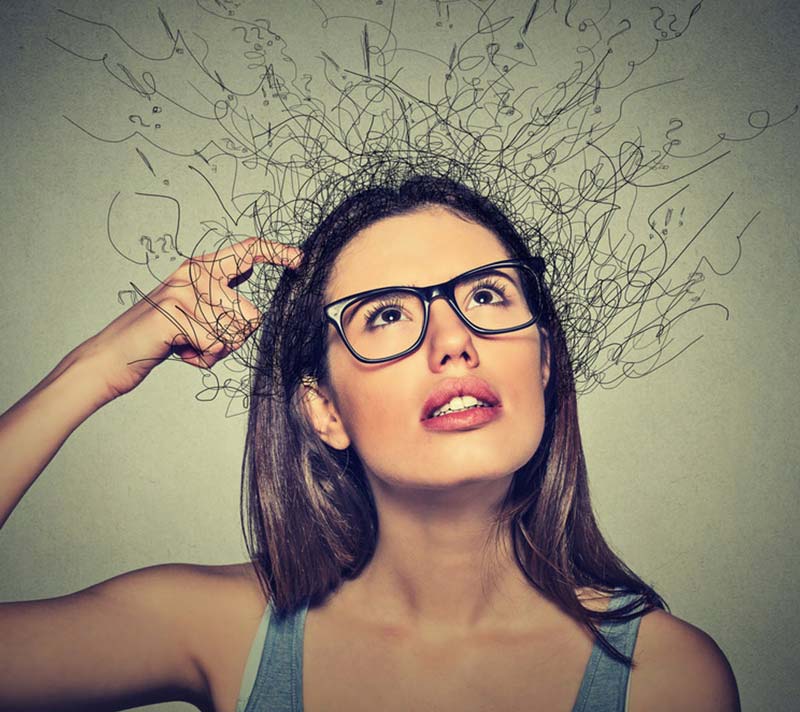
In many Hollywood movies such as Total Recall or 50 First Dates or the Nicole Kidman starrer Before I Go to Sleep the plot of the story is revolving around memory loss for a short time or not remembering yesterday events or nothing. Or do you the famous Bollywood movie- Ghajini in which Amir Khan played a patient of Anterograde Amnesia. The point of discussing all this movie stuff here in our health blog is totally related to our topic but how just answer a few questions?
Are you the one who gets troubled while learning new information and developing new memories? Do you often lose your memory for a short time or for an unknown period? Or do you get difficulty in recollecting facts or past experiences? If Yes!!! Then it is time to consult a doctor as these are the common signs of a syndrome known as Amnesia. There’s no specific medication or therapy for amnesia patients, but there are different ways of improving memory and mental support can help people to cope up with amnesia.
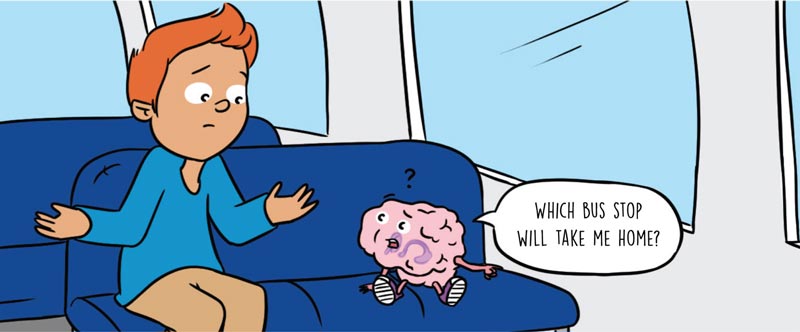
Today in our health blog we will learn about amnesia, what are its symptoms and causes? And how to prevent and treat amnesia?
Understand Amnesia in Simple Words
Amnesia or Amnestic Syndrome refers to the large scale loss of memories, such as vital facts, information, key people in our lives and memorable events and but usually they know who they are. But, they may have trouble learning new information and forming new memories. Amnesia can be caused by damage to areas of the brain that are vital for memory processing and though a person can no longer memorize or recall information that is stored in memory. In some cases of Amnesia, it is difficult to recover lost memories, and thus patients are kept under the supervised conditions.
Amnesia differs in severity and scope from patient to patient, but even mild amnesia leaves its impact on daily activities and can cause problems at work, school and in social settings.
Major Types of Amnesia
There are multiple types of amnesia but we are briefly describing the major ones here:
1. Anterograde Amnesia
When a patient is suffering from anterograde amnesia, he has difficulty in forming new memories but the effect can be temporary. Such as a person can undergo anterograde amnesia during a blackout caused by consuming too much alcohol. It can also be permanent. You can experience it if the area of your brain which is known as your ‘hippocampus’ is damaged as it plays a crucial role in creating new memories.
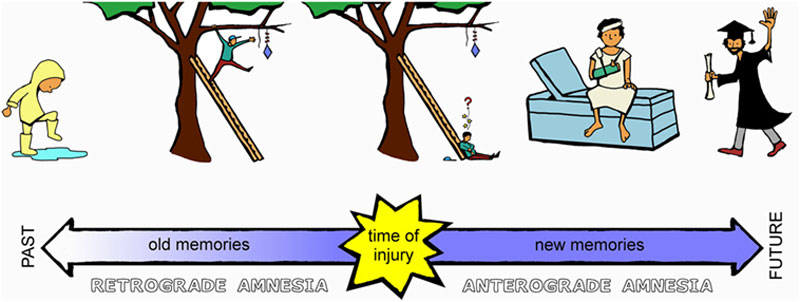
2. Retrograde Amnesia
It is totally opposite of anterograde amnesia, in this amnesia patient loses existing and previously made memories. In simple terms, a person cannot remember incidents that happened before his trauma or accident, but he will remember what happened after it. This type of amnesia tends to affect recently formed memories first. Older memories, such as memories from childhood, are usually affected more slowly. Disorders such as dementia cause gradual retrograde amnesia.
3. Transient Global Amnesia
In the case of transient global amnesia, the patient will experience confusion, anxiety or irritation that comes and goes frequently over some hours. A patient may also experience memory loss in the hours before the trauma or accident, and he will probably have no lasting memory of the trauma. Many health reports also stated that it occurs due to abduction or seizure-like activities or a slight blockage of the blood vessels supplying your brain. It occurs more often in adults or middle-aged people.
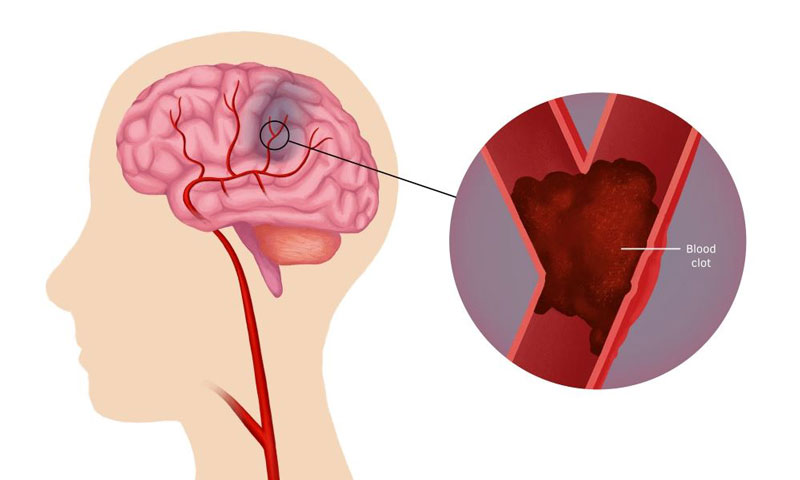
4. Childhood Amnesia
Most people don’t remember their first three to five years of life. This common phenomenon is termed as infantile or childhood amnesia. The person cannot recall events from early childhood, probably because of a language development problem or some memory areas of the brain not fully developed during childhood.
5. Traumatic Amnesia
In this case, loss of memory happens due to a hard blow or sudden shock to the head, for example, a car accident or terrorist attack, or natural phenomena such as flood or earthquake. The person may experience an immediate loss of consciousness or a coma. The amnesia is usually temporary, but how long it lasts it is hard to say, normally depends on how severe the injury is.
Also Read: Tips To Get The Most From Your Memory
Symptoms of Amnesia
The following are common symptoms of amnesia:
- Difficulty in learning new information.
- Difficulty in remembering past events and previously familiar information.
- Uncoordinated movements and shiverings indicate neurological problems.
- Confusion or disorientation may occur.
- The person may be unable to recognize faces or locations.
- Lost presence of mind or become unconscious.
Those who are encountering above mentioned symptoms or unexplained memory loss should immediately consult a neurologist and require quick medical attention.
Primary Causes of Amnesia
Amnesia can result from damage to brain structures that form the limbic system, which controls your emotions and memories. Normal memory function includes many parts of the brain such as the thalamus & hippocampus can lead to amnesia, so any disease or injury that affects the parts of brains can affect memory.
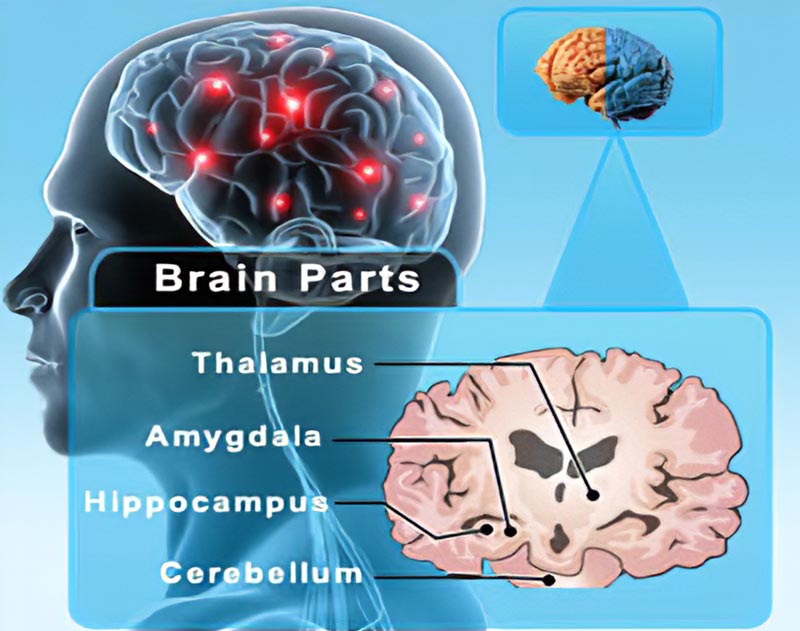
Possible causes are of amnesia due to damage of brain structure are as follows:
- Stroke
- Experienced emotional shocks, such as a violent crime, sexual or other abuse or military combat or a terrorist act.
- Brain swelling due to infection with a virus such as herpes simplex virus or due to an autoimmune reaction.
- Shortage of sufficient oxygen in the brain this situation arises during a heart attack or respiratory discomfort or carbon monoxide poisoning.
- Long-term alcohol consumption which leads to Vitamin B-1 deficiency.
- Tumours in areas of the brain that control memory.
- Alzheimer’s disease and other forms of dementia.
- Some seizures diseases.
- Head injuries that cause a shock, whether from a car accident or sports which may lead to confusion and problems remembering new information.

- Some vaccinations, medicines or long term use of sleeping drugs.
- Brain haemorrhage, or bleeding in the area between the skull and the brain.
- If you have undergone electroconvulsive therapy for depression or other conditions, you could experience amnesia.
Treatment for Amnesia
In most of the cases, amnesia resolved itself without treatment or by psychotherapy can help some patients. But treatment is necessary for this family support is essential. Photographs, the smell of a person, and music can help the patient in recalling his memory.
Brain damage is the root cause of amnesia thus it’s important to take steps to decrease your chance of a brain injury following measures can be taken to avoid brain injury or damage.
- Avoid excessive alcohol use.
- Always use a helmet when bicycling and a seat belt when driving.
- Treat any infection quickly so that it doesn’t have a chance to spread to the brain.
- Stay physically active for example take classes, explore new places, read new books, and play mentally challenging games.
- Take a healthy diet which includes fruits, vegetables, whole grains, vitamins, minerals and low-fat proteins.
- Stay hydrated.
If someone you know has symptoms of amnesia, help the person get medical attention.
Also Read: Mesothelioma Cancer: Slow & Silent Killer Disease









